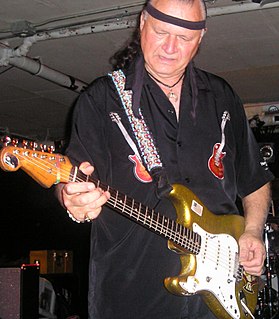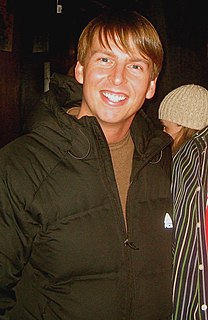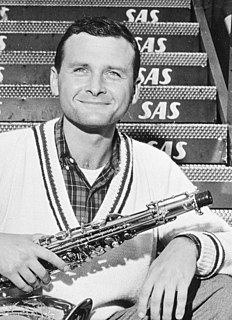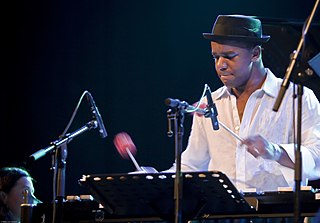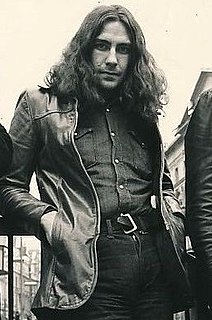A Quote by Dick Dale
Every time I went into the studio some engineer tried to impress me with how they're going to capture my sound with all kinds of tricks. But they limited the sound and never allowed me to play how I felt.
Related Quotes
I never would have guessed that I would get a job for the way I sound. I would get notes about how I should lose my accent, and part of me thinks, 'How dare you! This is who I am! Millions of people want to sound like me!' But it's sensitive, and I have tried to change it, with little to no success.
I never consciously tried to conceive of what my sound should be...I never tried to imitate anybody, but when you love somebody's music, you're influenced...I really don't know how I developed my sound, but it comes from a combination of my musical conception and no doubt the basic shape of the oral cavity.
I always liked the steel guitar. I also love the guys that play the bottleneck. But I could never do it; I never made it do what I want. So every time I would pick up the guitar, I'd shake my hand and trill it a bit. For some strange reason my ears would say to me that sounds similar to what those guys were doing. I can't pick up the guitar now without doing it. So that's how I got into making my sound. It was nothing pretty. Just trying to please myself. I heard that sound.
Miles Davis came in a couple of days and said, "Oh, man, I love that. Keep going." So he said, "Let me know when you need trumpet." And he came in, and he was sitting there, and I was very intimidated, because now he's going to play the trumpet on something that I wrote." He starts to play, and I go, "That's not right, but I don't know how to tell him it's not right." Finally he goes, "When are you going to tell me what to do?" He said, "This is your music. I know you know how it's supposed to sound. Stop fooling around. We don't have time."
I think what's cool about Slayer is no matter how old their albums are, it's the one band to me that their sound is immortal. It never sounds corny to me. You can go back and listen to some Pantera and Metallica albums, and you're like, 'OK, great music.' But Slayer, you go back, and they always sound fresh and hard as hell.
The way it works for me is my sight and sound senses are combined. Every sound I associate with a color and every color I associate with a sound... The way I see things is constant streamers across the room, bouncing off from every touch and every sound. Over the years, I've learned what color palates I love most.
